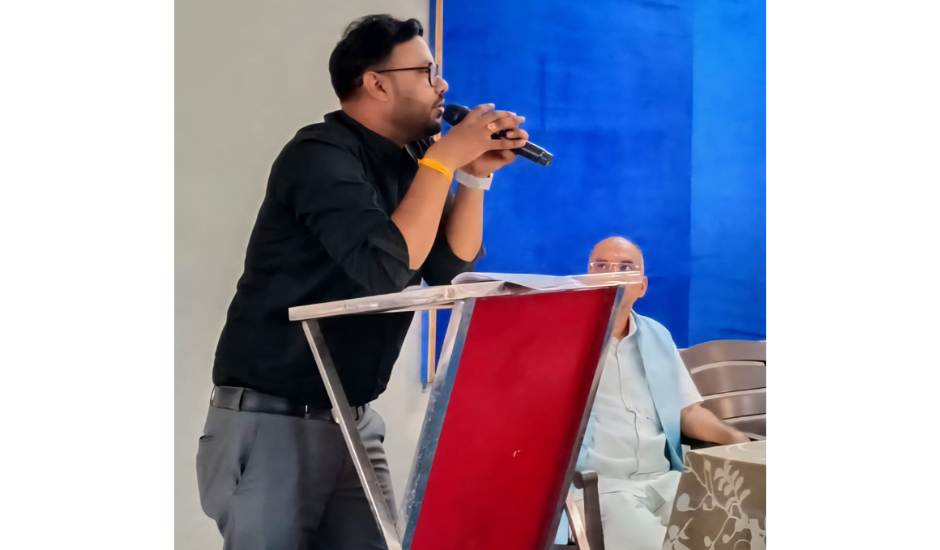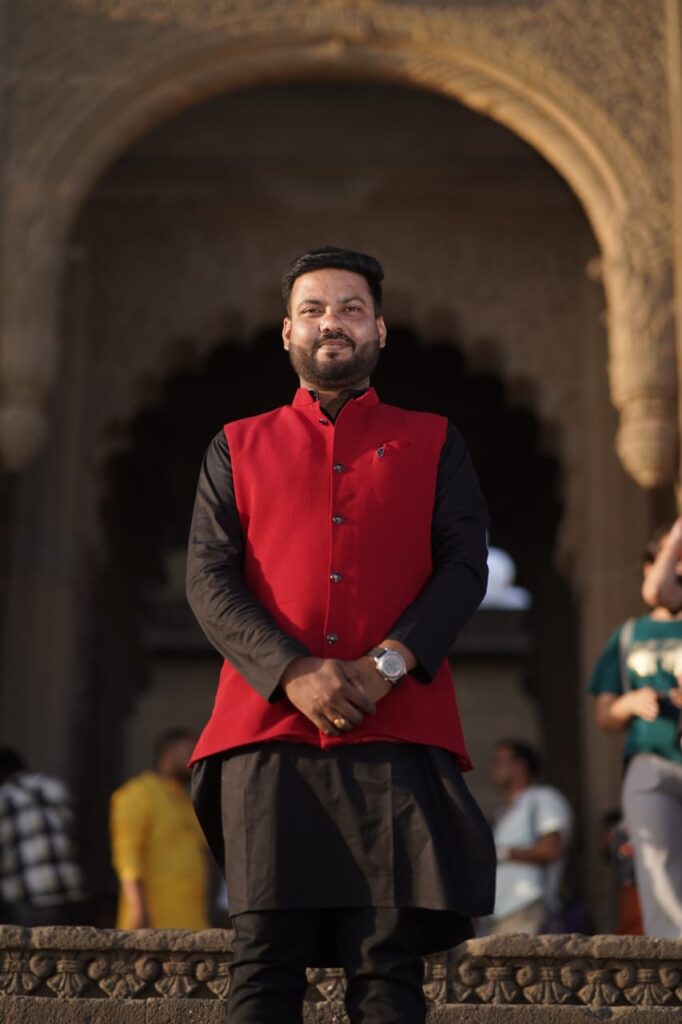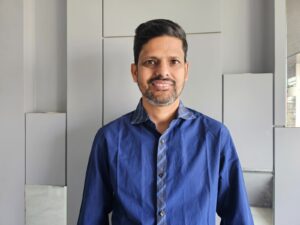“Redefining Rural Development: Rahul Banerjee’s Vision for Health, Education, and Empowerment”
In a nation where urban India often takes center stage in conversations around development, one man is quietly but powerfully reshaping the narrative—by starting at the grassroots. Meet Rahul Banerjee, a dynamic 32-year-old social reformer and the Founder & Director of Pehel Health Association, an NGO transforming rural lives across seven Indian states.


In a nation where urban India often takes center stage in conversations around development, one man is quietly but powerfully reshaping the narrative—by starting at the grassroots. Meet Rahul Banerjee, a dynamic 32-year-old social reformer and the Founder & Director of Pehel Health Association, an NGO transforming rural lives across seven Indian states.
Born and raised in the heart of Madhya Pradesh, Rahul holds a Bachelor’s degree in Electronic Communication Engineering. But instead of pursuing a conventional career in tech or corporate sectors, he chose a path less traveled—a life dedicated to service, empowerment, and sustainable rural development.
From Engineering to Empowering
Rahul’s journey from engineering to social reform is rooted in a deep awareness of rural India’s systemic challenges—poor healthcare access, lack of education, gender inequality, and unemployment. These aren’t just statistics for him; they are realities he witnessed growing up in and around Itarsi, a small but significant town in Narmadapuram district.
In October 2022, Rahul officially registered Pehel Health Association, setting into motion a people-powered revolution that would span 58 districts across seven Indian states: Madhya Pradesh, Rajasthan, Bihar, Uttar Pradesh, Jharkhand, Odisha, and Chhattisgarh.
Today, with over 13,000 field workers, Pehel is not just an organization—it’s a movement.
Healthcare: Reaching the Unreached
For millions in rural India, proper healthcare remains out of reach. Pehel is bridging this divide by organizing medical camps, diagnostic drives, and health awareness programs in villages and remote areas. These initiatives educate communities on everything from disease prevention and hygiene to nutrition and government health schemes.
One of Pehel’s most impactful innovations is the Mahila Swasthya Raksha Card. For just ₹170, rural women receive six months of health check-ups and free sanitary pads—a vital intervention in regions where menstrual health is still taboo.
Pehel also makes healthcare more affordable by providing 30–40% discounts on essential medicines and equipment. Regular tests like blood pressure and sugar monitoring are offered at 20–30% reduced costs, ensuring that preventive care becomes a reality for even the poorest families.
Revolutionizing Rural Healthcare Access
In many of India’s villages, access to even basic healthcare is a daily struggle. Pehel Health Association bridges this chasm with regular health awareness drives, medical camps, and diagnostic check-ups. These initiatives not only provide immediate care but also educate villagers on preventive healthcare, hygiene, nutrition, and government welfare schemes.
One of its most impactful innovations is the Mahila Swasthya Raksha Card—a ₹170 card offering six months of health monitoring and free sanitary pads. In a landscape where menstrual hygiene is still a taboo, this program is restoring both health and dignity to rural women.
Pehel also ensures that medicines and diagnostic services are affordable, offering 30–40% discounts on essential drugs and routine tests such as blood pressure, sugar, and urine analysis at reduced rates. It’s a game-changer for low-income families who previously had to choose between health and survival.
Education: Building Futures Through Scholarships
Rahul Banerjee believes that education is not just a right—it’s the foundation for lasting change. With this vision, Pehel launched the Pehel Talent Scholarship Examination, an initiative designed to uplift talented but under-resourced rural students.
Through this program, selected children receive free school fees, books, uniforms, and digital tools like WiFi-enabled tablets and laptops. Over 1,600 students are already enrolled, with an ambitious goal to support 4,000 students this year.
In a world rapidly turning digital, this initiative ensures that rural children aren’t left behind.
Women’s Empowerment: Turning Homes into Hubs of Productivity
Another cornerstone of Pehel’s work is empowering women. Through 170+ Self-Help Groups (SHGs), the organization trains and equips rural women in various income-generating skills—from tailoring and handicrafts to food processing and home services.
These SHGs are not just about income. They are about confidence, leadership, and independence. Women who were once voiceless are now entrepreneurs, community leaders, and role models for others.
Pehel brings the work to their doorstep, ensuring economic participation without compromising social constraints, especially in conservative rural settings.
Marriage Assistance and Holistic Community Support
In rural communities, marriage expenses can become a financial burden. Pehel steps in with marriage assistance for girls from low-income families, restoring not just financial stability but also social dignity to those involved.
What makes Pehel’s model powerful is its holistic approach. It doesn’t tackle rural challenges in isolation—it addresses them collectively: health, education, women’s empowerment, and employment generation all woven into one seamless vision.
A Visionary Leader with Heart
Rahul Banerjee is not your typical NGO founder. His approach combines technical precision from his engineering background with emotional intelligence born of lived experience. He listens before he acts, studies communities before proposing interventions, and prioritizes local relevance over urban models.
His leadership style is empathetic yet strategic, focusing on long-term impact rather than quick fixes.
The Road Ahead: Scaling with Purpos
Pehel Health Association is on a steady trajectory toward national impact. With plans to expand to more states, integrate digital solutions, and touch millions more lives, the organization is poised to become one of India’s most influential grassroots institutions.
But for Rahul Banerjee, the mission remains simple yet profound:
“Serve the underserved. Empower the forgotten. Walk with those left behind.”
In a world where speed and scale often overshadow sincerity, Rahul is redefining rural development with a rare blend of vision, compassion, and action.




